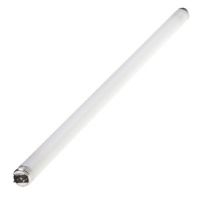Burnt Bulbs
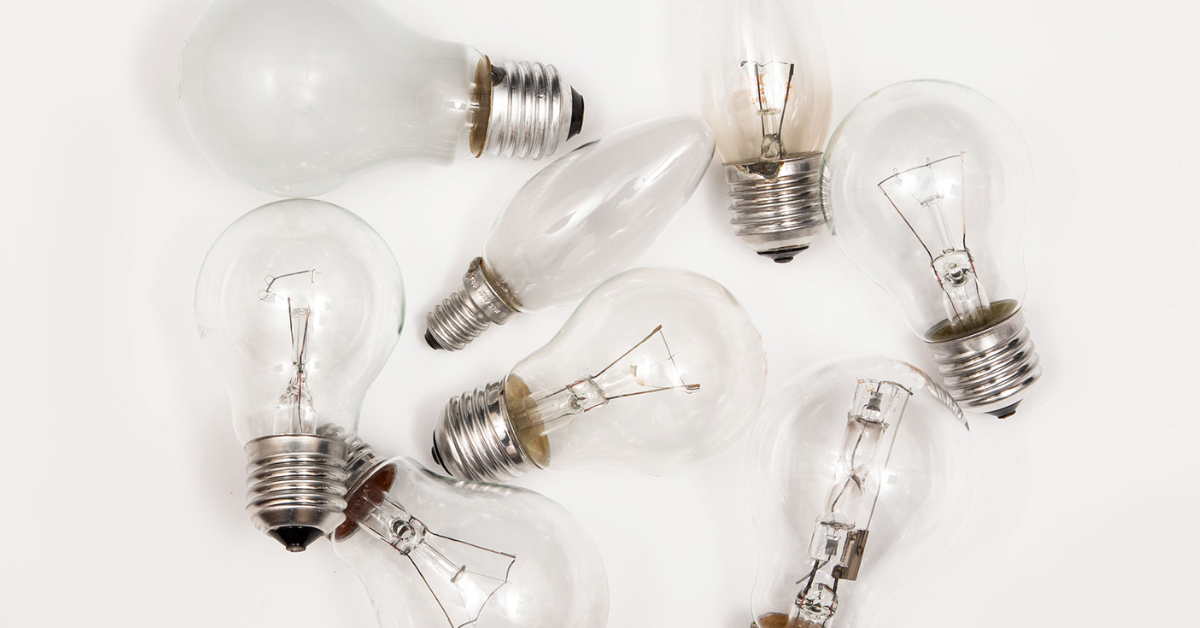
No modern light bulb lasts forever- it’s important to understand how to properly dispose of any bulbs that have glowed their last spark, since protocol varies. From trash bins to specialized recycling, keep reading to find out the best course of action for your lighting leftovers.
Standard Light Bulbs
Incandescent light bulbs can’t be recycled by traditional means. They contain too many small parts that complicate disassembly, so it’s common practice to dispose of them in the trash. However, there are still options for these bulbs that don’t involve the bin! Check out how to hollow out these bulbs for crafts, as well as these 14 up-cycling ideas from craftingagreenworld.com.
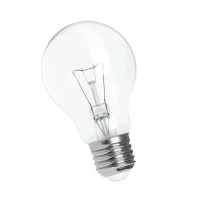
LED Light Bulbs
LED lights have a much longer lifespan than other bulbs, meaning you don’t have to dispose of them often. When it does come time to toss them, it’s not horrible to put them in the trash. However, they do have trace amounts of heavy metals in them, so recycling is the best option if possible. Your local recycling center may be able to take them; there are also many online recycling services that you can ship dead bulbs to. Take a moment to research your options.
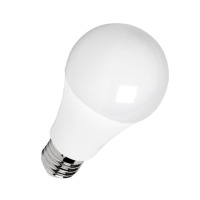
Halogen Lamps
Halogen lamps can’t be recycled by traditional means due to the composition of their processed glass, so they can be disposed of in your trash. Some specialized locations may be able to take them for recycling, but if there’s none near you, don’t fret. They don’t contain any toxic materials that harm the environment, so tossing them is very low impact.
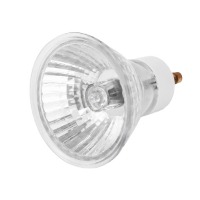
Metal Halide Bulbs
These lights should always be recycled because they contain mercury, which is a major environmental pollutant. The glass and metal parts from these bulbs can also be collected for reuse. Check with your local recycling service, or look into online resources regarding proper disposal of these bulbs.
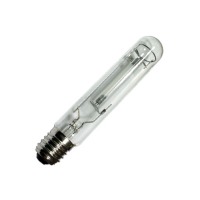
CFL Light Bulbs
Compact fluorescent light bulbs (CFL) are common for lighting- they’re popular for their energy efficient brightness. However, they should never be disposed of in the trash. Like halide bulbs, they contain mercury, which can pollute water supplies and harm local ecosystems. Several retailers, recycling centers, and online services will take these bulbs in for proper disposal.
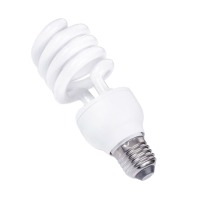
Fluorescent Tubes
These tubes also contain mercury, and pose more danger than CFL bulbs due to their fragile nature. The glass on these tubes breaks easily, and once broken, will lead to mercury exposure. They aren’t permitted to be disposed of in regular trash or at curbside pickup; The U.S. Environmental Protection Agency publishes a list of places that recycle these bulbs. Additionally, local recycling programs may have special protocols for these tubes.
